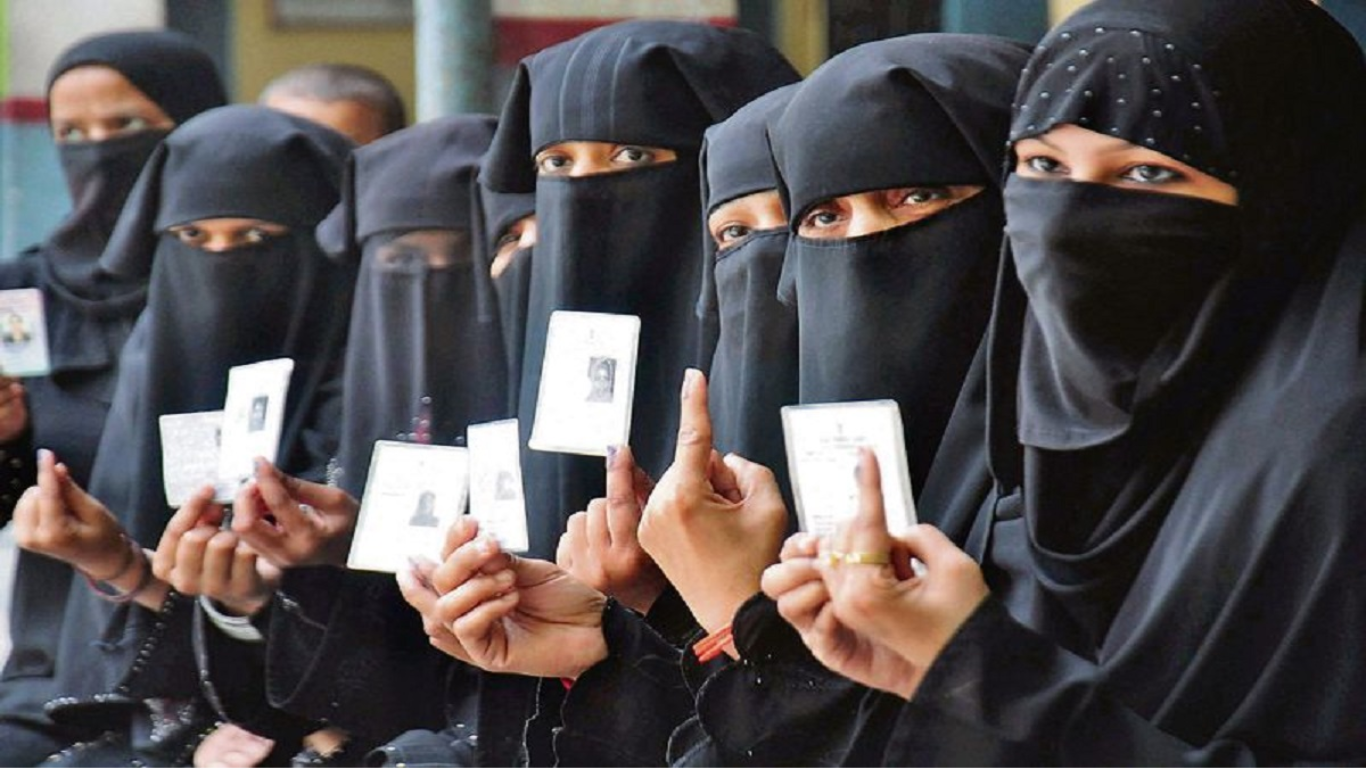The National Commission for Backward Classes (NCBC) has raised concerns about the Karnataka government’s decision to classify Muslims as part of the backward caste category for reservation purposes, arguing that it undermines the principles of social justice in the country.
According to the NCBC, Karnataka’s Congress government has included all castes and communities of Muslims in the state under the Other Backward Classes (OBC) list for reservation in employment and educational institutions.
During a field visit last year, the commission examined the state’s reservation policy for OBCs and found that all Muslim castes and communities are treated as socially and educationally backward classes under Category IIB in the State List of Backward Classes.
The NCBC stated that such broad categorization has resulted in providing reservation benefits to 17 socially and educationally backward castes under Category I and 19 castes under Category II-A.
However, the commission emphasized that while there are disadvantaged and historically marginalized segments within the Muslim community, classifying the entire religion as backward overlooks the diversity and complexities within Muslim society.
The NCBC highlighted concerns about the impact of religion-based reservations on social justice, particularly for marginalized Muslim castes and communities. It argued that socially and educationally backward castes within the Muslim community should not be equated with the entire religion.
Moreover, the commission expressed apprehension about the effects of such reservations on the broader framework of social justice, especially in local body elections. While Karnataka offers 32 percent reservation to backward classes, including Muslims, in local body polls, the NCBC stressed the importance of adopting a nuanced approach that acknowledges the diversity within these communities.

















